Hawaii wasn’t always a tourist destination. In fact, two hundred years ago, most of the world didn't know about Hawaii. It wasn’t until the 1780s that the world found Hawaii and things have been very different ever since. The Hawaiian culture existed in isolation for nearly a thousand years before Captain James Cook sailed in and put it on the map.
Since then, people have been coming here and trying to reshape Hawaii in a different image than it was found. They brought new political systems, new religions, invasive species, diseases, new technologies, arts, scientific advances, and a diversity of people who somehow all have managed to live together in this world without any major hullaballo.
Today, Hawaii is made up of at least fifteen different ethnic groups who are referred to as ‘local’. Descendents of the original Hawaiians are the only group referred to as ‘Hawaiian’. The major ethnicities in Hawaii are (in descending order of population share) Japanese, European Descent, Chinese, Filipino, Portuguese, Korean, Vietnamese, Hawaiian, Samoan, Tongan, Fijian, Latino, African-American, Micronesian, and Melanesian. Each of these groups have unique languages and culture and- amazingly, for the most part - they have joined together to create what is referred to as ‘local culture’. The big challenge today is that of American capitalism, land exploitation, and the imposition of non-Hawaiian cultural values on the land and the people of Hawaii.
The most prominent imposition of colonialism was during two periods. The first was the ‘Missionary Period’ where Hawaiian culture was actively suppressed. Hawaiian language was made illegal for business, hula and surfing were banned, and many cultural practices died out. Later, after a consortium of missionary children and American planters overthrew the monarchy and claimed Iolani Palace as their headquarters, came the Territorial Period. The ‘Territorial Period’ was a further example of colonialism as Americans flooded into the territory and began to build an American style ‘paradise’ without regard for local traditions, customs, or values. The big problem with both periods was the blatant disrespect heaped onto Hawaiians as cultural values were disregarded.
During the 1960s, after Hawaii became the 50th state - there was a period of growing pride and a rebellion against the values of the missionaries and the suppression of Hawaiian culture. This reached a peak in the 1970s when Hawaiian activist groups occupied the island of Koho’olawe and built the Hawaiian voyaging canoe Hokulea. Since that time, Hawaiians and locals have been fighting a new kind of colonialism as large tourism and lifestyle based companies have attempted to co-opt local and Hawaiian culture and customs. Some examples are businesses using Hawaiian names or products to sell their products, make money, and dilute the importance of the beliefs and practices of the people who call Hawaii home. We humbly ask that each visitor to the Hawaiian Islands take it upon themselves to learn more about the local culture here. Please treat our communities and our natural resources (lands and waters) with respect. Recently, there is widespread local protests about the TMT Project on the Big Island of Hawaii.
Many think that colonialism is a thing of the past, but for many who live in Hawaii - it is an everyday struggle to maintain importance and integrity of the cultures that are embedded here in the islands. And sadly, similar actions of disregard for our fellow man have been seen throughout the world for centuries. However, we feel that there is a new paradigm shift on the planet today. The power of diversity is leading this particular shift towards a stronger connection between each and every one of us. Our Ohana (the Hawaiian word for Family) here at Private Tours Hawaii are optimistic for the future of our world communities!!
You have a choice today and each day forward, my friends.....choose to treat yourself, all living beings, and the planet with respect (Malama Honua). Choose ALOHA/LOVE.
Aloha is The Answer.
Aloha from the local and diverse Family at Private Tours Hawaii:
Adam White
Christopher Damitio
Ron Wong
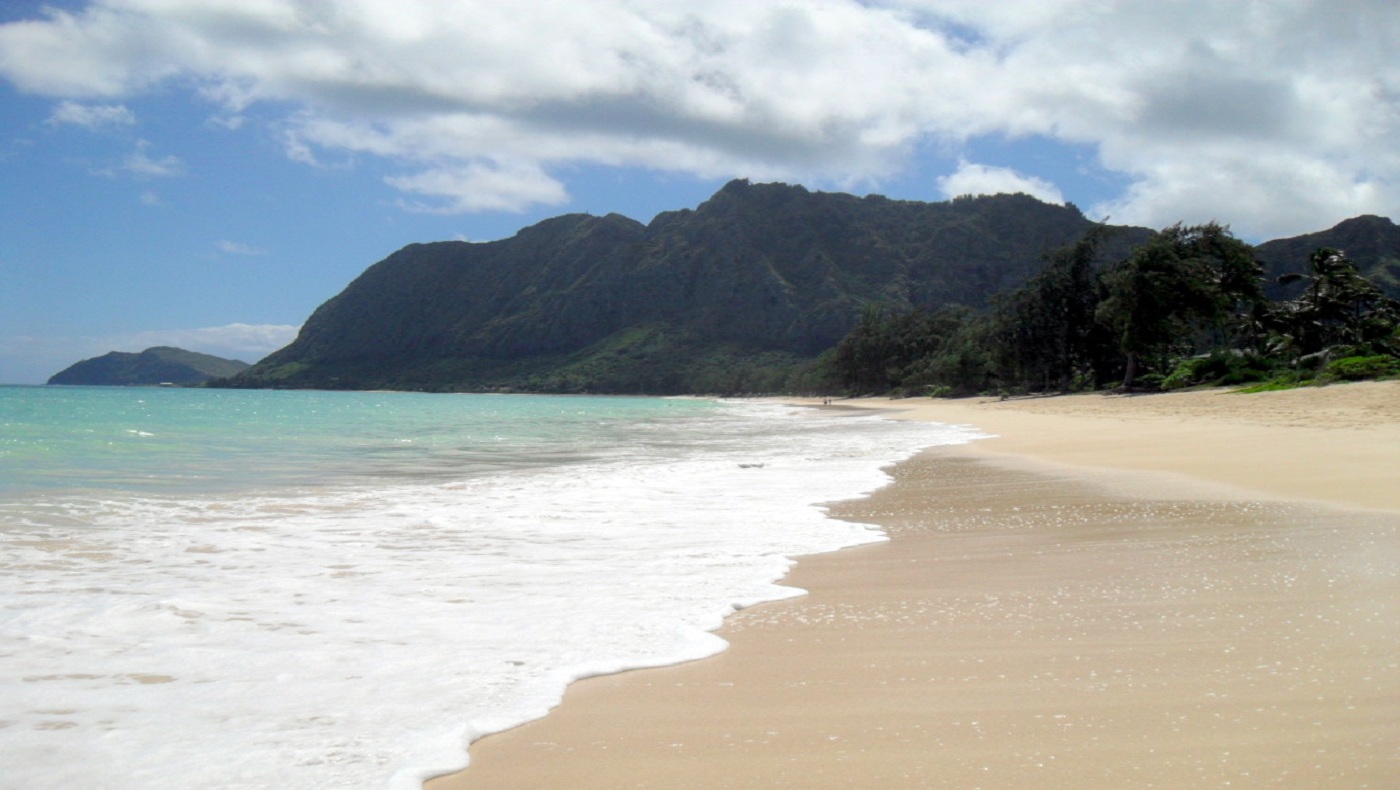




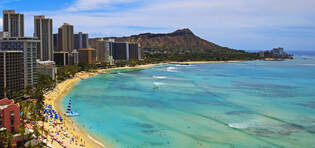
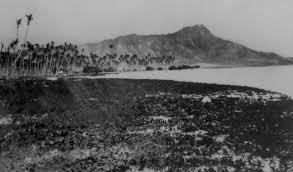
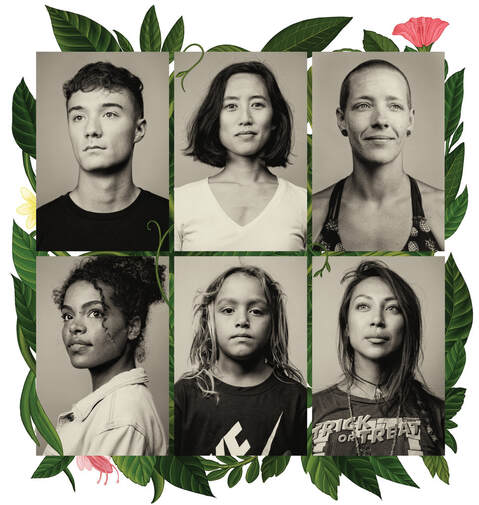
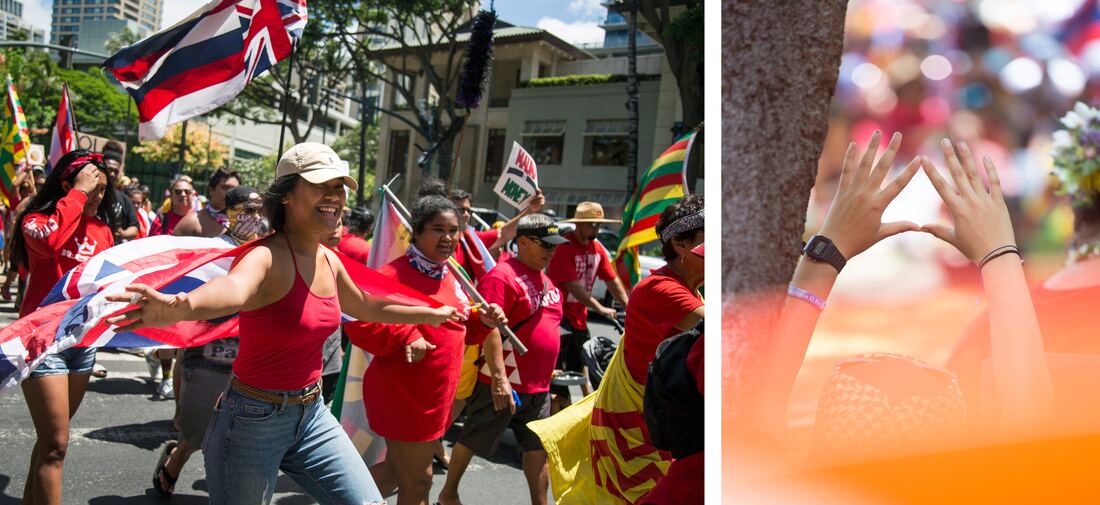
 RSS Feed
RSS Feed